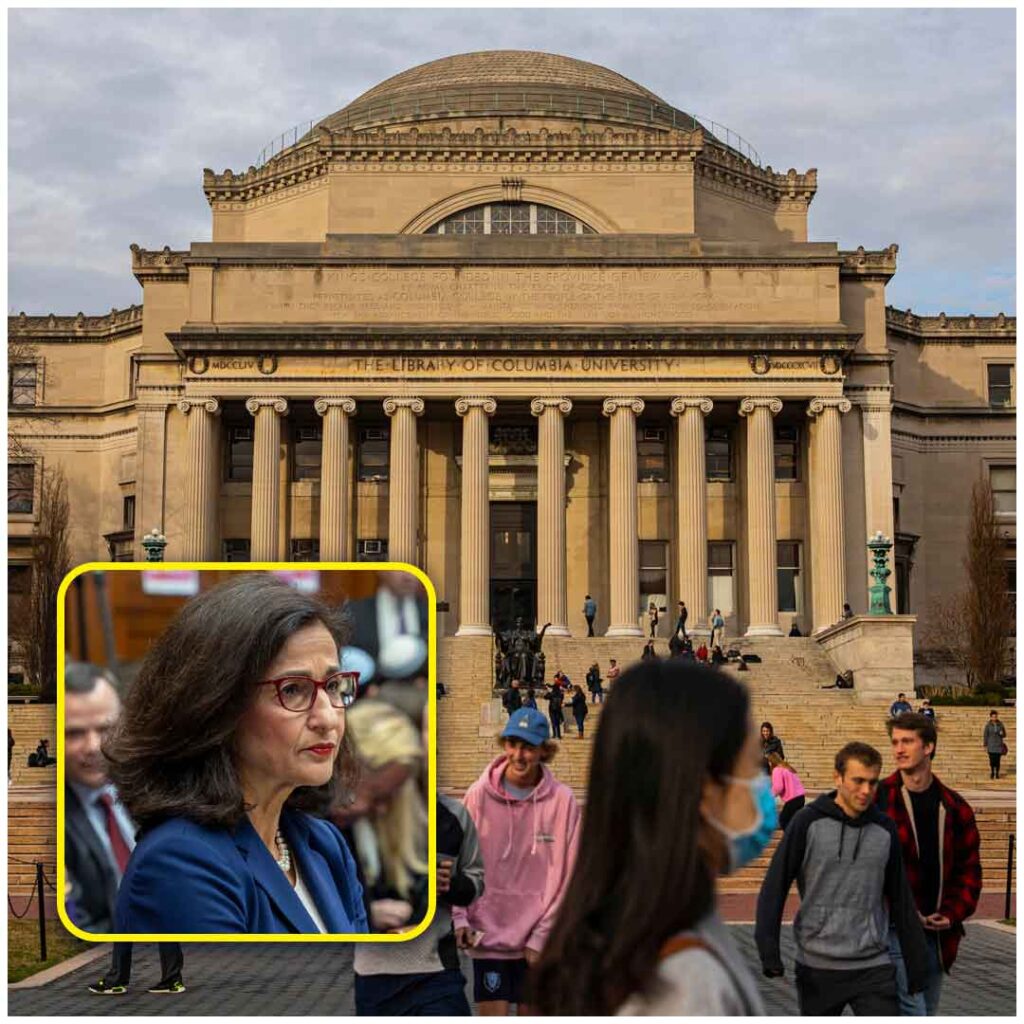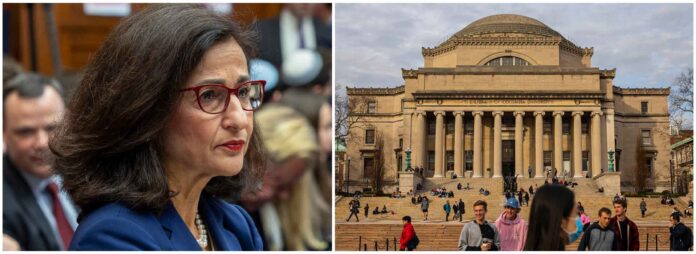Columbia University Senate recently passed a significant resolution aimed at initiating a comprehensive investigation into the administration’s practices and policies. This move marks a crucial phase in the university’s commitment to transparency and accountability, reflecting growing concerns among faculty, students, and staff about various administrative decisions.

Background and Rationale
The decision to investigate comes on the heels of numerous complaints and concerns raised by the university community regarding the administration’s handling of key issues, including financial management, academic freedom, and student welfare. The Senate, which comprises representatives from all segments of the Columbia community, including professors, students, and alumni, has voiced the need for a thorough review to ensure that the university’s values and standards are upheld.
The Scope of the Investigation
The resolution outlines a broad scope for the investigation. It aims to assess the decision-making processes at the highest levels of administration, scrutinize the allocation and use of university resources, and evaluate the effectiveness of current policies impacting student and academic life. This investigation is expected to cover a range of topics from financial operations to how complaints and grievances are handled by the administration.
Implications for the University Community
The Senate’s resolution has been met with mixed reactions across the campus. While many applaud the initiative as a step towards greater accountability, others express concern about potential disruptions and the implications of such an investigation on the university’s reputation. However, the Senate maintains that this move is essential for maintaining trust and integrity within the Columbia community.
Expected Outcomes
The investigation is expected to lead to a series of recommendations aimed at improving governance and operational efficiency at Columbia. These recommendations will likely touch on enhancing transparency in administrative decisions, improving the responsiveness of the administration to the needs of the university community, and reinforcing checks and balances within the university’s governance structures.
Conclusion
As Columbia University embarks on this investigation, the outcomes will undoubtedly influence the operational dynamics and strategic directions of the institution. This bold move by the Senate underscores a commitment to accountability and continuous improvement, essential for the university’s growth and the fulfillment of its educational mission. The entire Columbia community awaits the results, hopeful for positive changes that will fortify the institution’s legacy and its future.






















